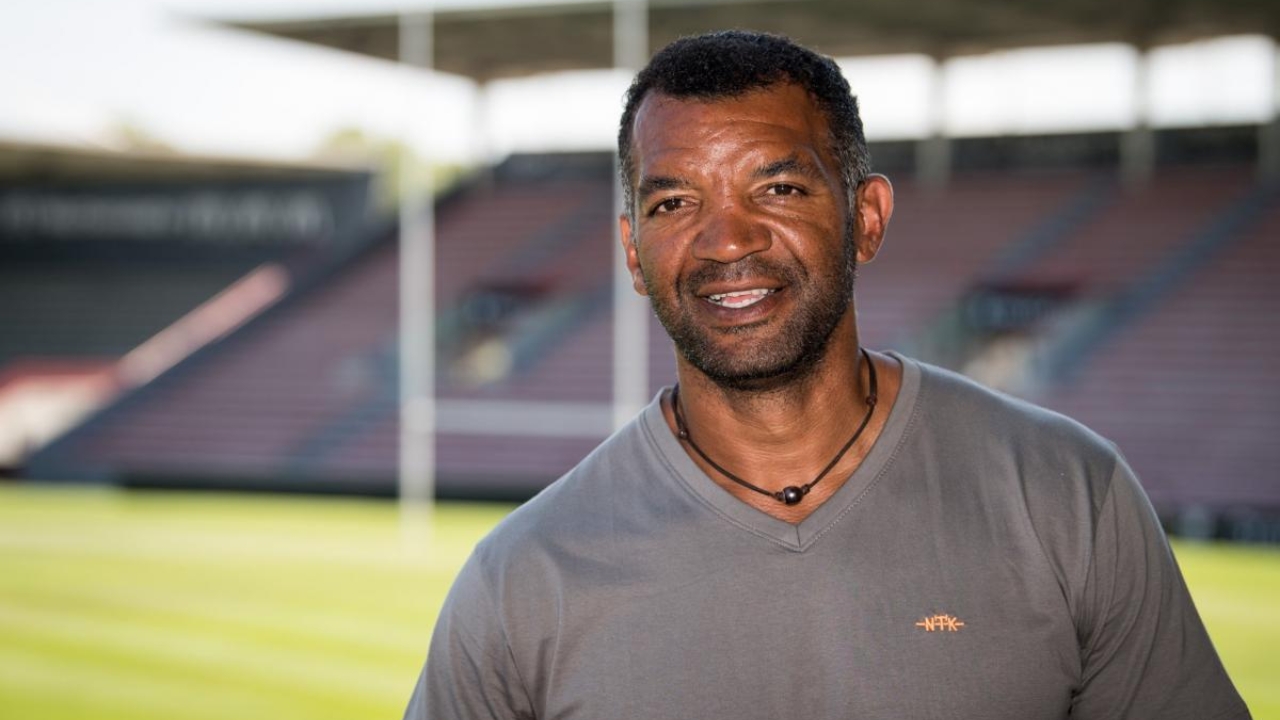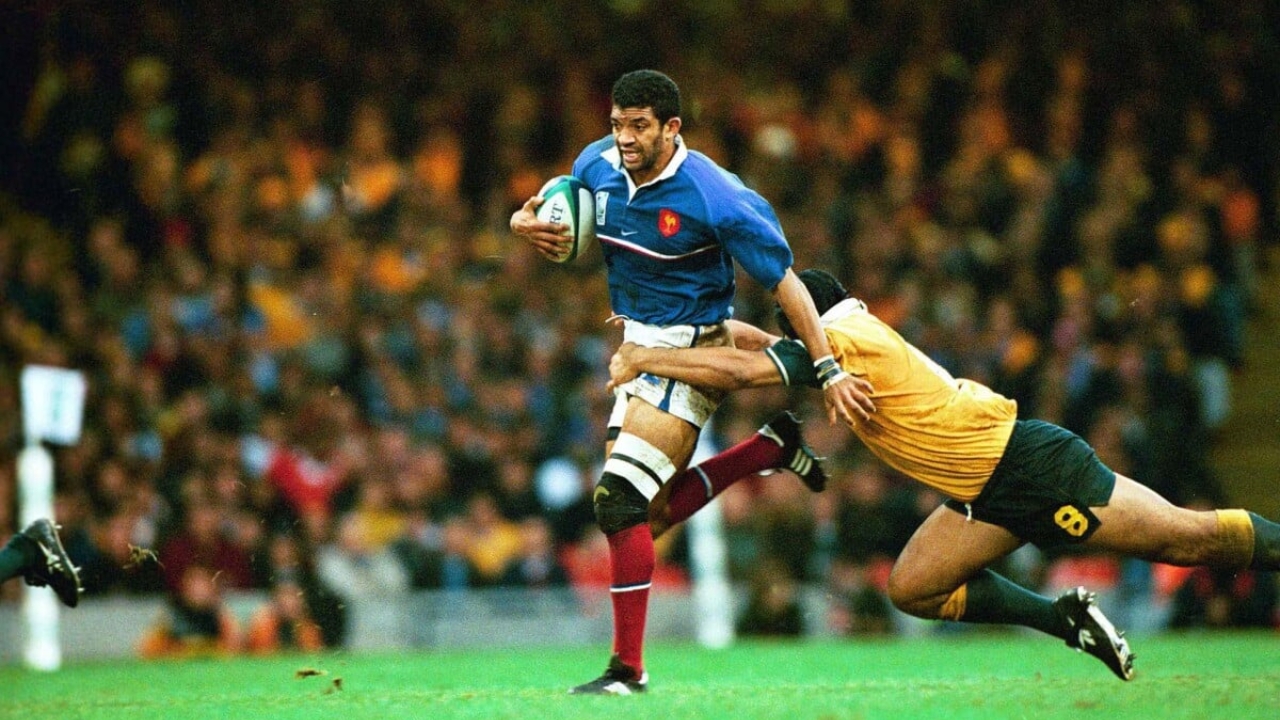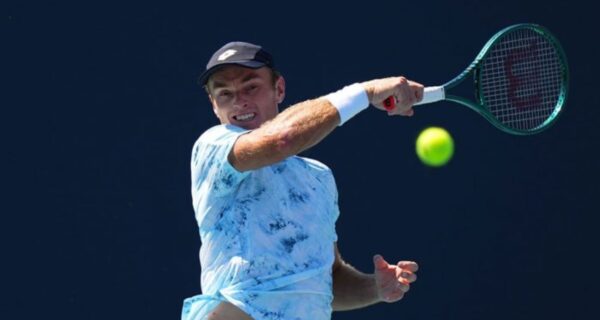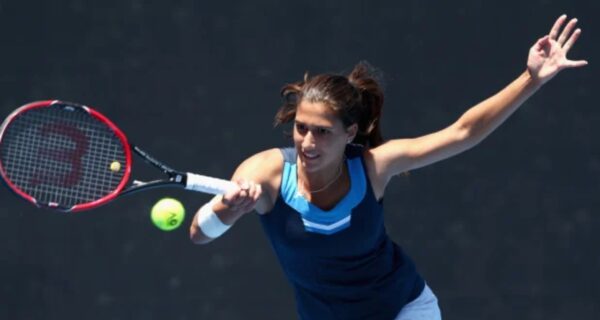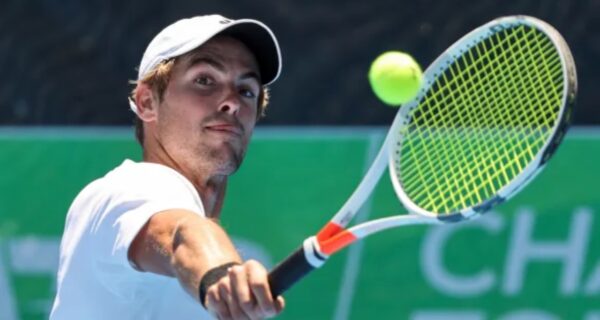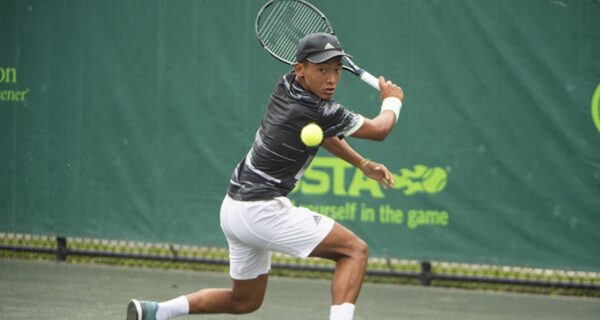Émile “Milou” Ntamack is a name that resonates deeply in the world of French rugby.
Born on June 25, 1970, in Lyon, France, Ntamack has left an indelible mark on the sport as a player, coach, and now as the father of a rising star.
In this article, you will learn about Émile Ntamack’s net worth, salary, career earnings, contract, stats, wife, career overview, and more.
Émile Ntamack’s Biography
| Aspect | Details |
|---|---|
| Full Name | Émile “Milou” Ntamack |
| Date of Birth | June 25, 1970 |
| Place of Birth | Lyon, France |
| Nationality | French |
| Ethnicity | Mixed (Cameroonian and French) |
| Family | Brother: Francis Ntamack (former professional rugby player) |
| Children | Romain Ntamack (professional rugby player) |
Early Career
Émile Ntamack’s rugby journey began in his hometown of Lyon. From a young age, it was clear that he possessed exceptional talent and a natural affinity for the sport.
His early years were spent honing his skills in local clubs, where he quickly caught the attention of scouts and coaches.
Ntamack’s versatility on the field, and ability to play multiple positions with equal proficiency, set him apart from his peers and paved the way for his future success in professional rugby.
Professional Career
Ntamack’s professional career took off when he joined Stade Toulousain, one of France’s most prestigious rugby clubs. His impact was immediate and long-lasting.
His international debut came in 1994 against Wales during the Five Nations Championship, marking the beginning of a stellar international career that would span a decade.
He played a crucial role in France’s Grand Slam victory in 1997, showcasing his skills on the biggest stage of European rugby.
Ntamack also represented France in 2 Rugby World Cups, in 1995 and 1999, further cementing his status as one of the country’s rugby greats.
Émile Ntamack’s Net Worth Details
Émile Ntamack’s net worth is estimated to be $500,000 as of 2025.
Contract
Ntamack spent the majority of his career with Stade Toulousain, suggesting he had long-term contracts with the club.
After retiring as a player, Ntamack transitioned into coaching roles, including positions with Stade Toulousain’s youth team and the French national team as a backs coach.
Career Earnings
| Period | Estimated Annual Earnings Range |
|---|---|
| Early Career (1990-1995) | €50,000 – €100,000 |
| Peak Years (1996-2002) | €150,000 – €300,000 |
| Final Years (2003-2004) | €100,000 – €200,000 |
Endorsements
As a prominent French rugby player, he had several endorsement deals during his career. His stature might have included:
- Sportswear and equipment brands.
- Sports nutrition products.
- Local and national brands in France.
- Rugby-related merchandise and memorabilia.
Career Records
| Category | Record |
|---|---|
| International Caps | 46 |
| International Tries | 26 |
| Total Test Points | 135 |
| Heineken Cup Titles | 2 (1996, 2003) |
| Five/Six Nations Grand Slams | 1 (1997) |
| World Cup Appearances | 2 (1995, 1999) |
FAQs
1. Who is Émile Ntamack?
Émile Ntamack is a former French rugby union player and coach, born on June 25, 1970. He played as a wing, center, or fullback for Stade Toulousain and the French national team, earning 46 caps. He was renowned for his athleticism and elegance on the field, earning nicknames like “Milou” and “La Panthère Noire.”
2. What were Émile Ntamack’s major achievements as a player?
Émile Ntamack won six French Championships and two Heineken Cups with Stade Toulousain. Internationally, he was part of France’s 1997 Grand Slam-winning team in the Five Nations and played in the 1995 and 1999 Rugby World Cups. He was also the first player to lift the Heineken Cup in its inaugural edition in 1996.
3. When did Émile Ntamack retire from professional rugby?
Émile Ntamack initially announced his retirement in 2003 due to a facial injury but continued playing until officially retiring in 2004. His career spanned nearly two decades, starting in 1985 with US Meyzieu and ending with Stade Toulousain.
4. What is Émile Ntamack’s coaching career like?
After retiring, Émile Ntamack transitioned to coaching. He served as the backs coach for the French national team, helping them win the 2010 Six Nations Grand Slam. He also coached the French U21 team to a world championship in 2006 and worked extensively with youth development at Stade Toulousain.
5. What role did Émile Ntamack play in Stade Toulousain’s history?
Émile Ntamack was a pivotal figure at Stade Toulousain, where he played his entire professional career from 1988 to 2004. He captained the team to numerous victories, including six French Championships and two Heineken Cups, solidifying his legacy as one of their greatest players.
6. How is Émile Ntamack connected to his son Romain Ntamack?
Émile Ntamack is the father of Romain Ntamack, a current French international rugby star. In 2021, they became the first father-son duo to win the European Rugby Champions Cup. Émile has supported Romain’s career while emphasizing resilience and maturity.
7. What was Émile Ntamack’s impact on international rugby?
Émile Ntamack significantly impacted international rugby with his skill and leadership. He was part of France’s Grand Slam-winning team in 1997 and played in two Rugby World Cups (1995 and 1999). His contributions helped elevate France’s status on the global stage.
8. What honors has Émile Ntamack received for his contributions to rugby?
In recognition of his illustrious career, Émile Ntamack was inducted into the RugbyPass Hall of Fame in 2021. His achievements as both a player and coach have earned him widespread respect within the rugby community.
9. Why is Émile Ntamack nicknamed “La Panthère Noire”?
Émile Ntamack earned the nickname “La Panthère Noire” (The Black Panther) due to his smooth running style and athleticism on the field. The name reflects his elegance and agility during matches.
10. What is Émile Ntamack doing now?
Since retiring from professional coaching roles, Émile Ntamack has focused on youth development at Stade Toulousain. He works with players aged 13 to 17, helping nurture future rugby talent while maintaining an influential presence in French rugby circles.

